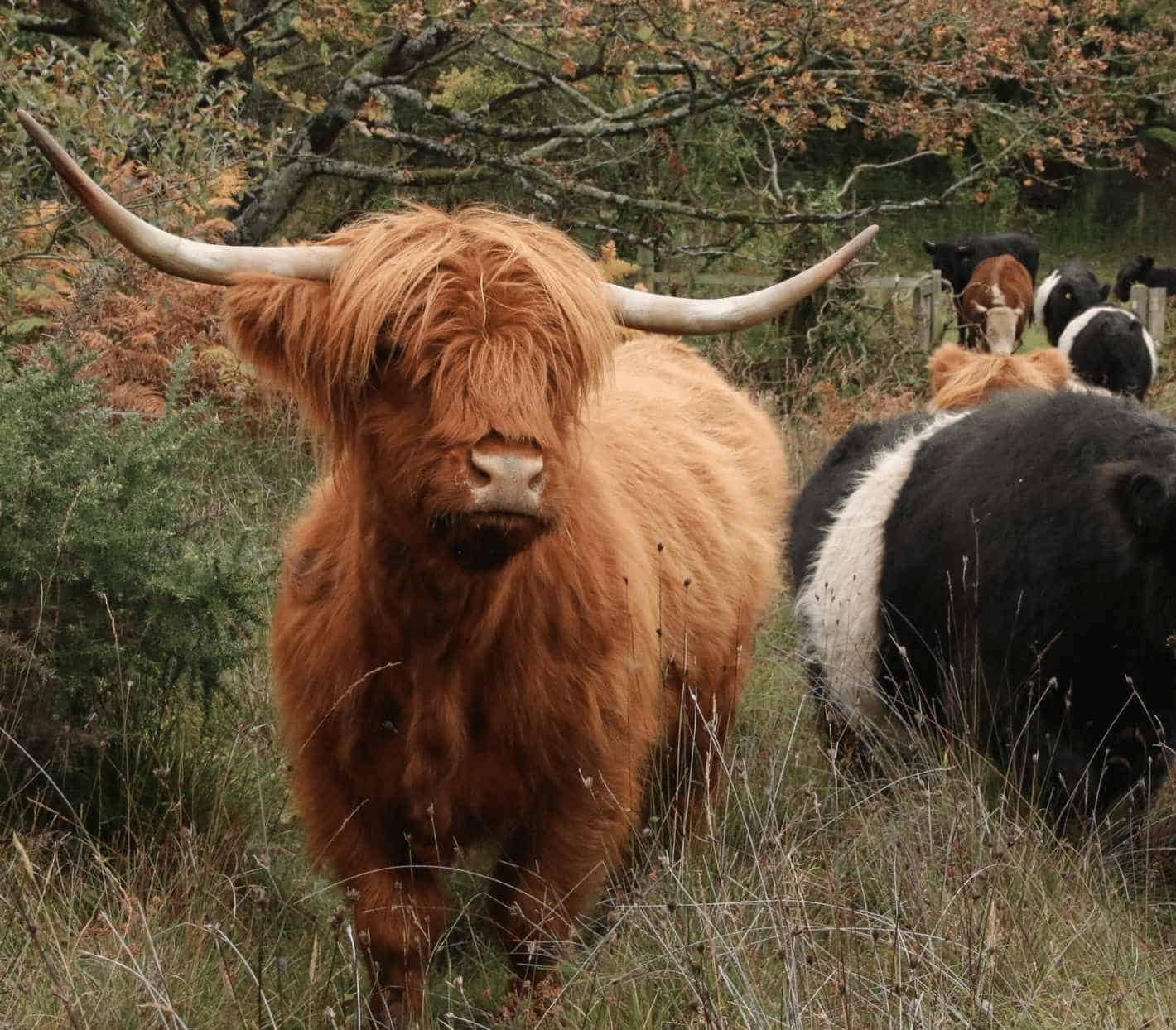The Agriculture Bill: a bid to protect UK farming and nature

This week, the House of Commons rejected key amendments to the Agriculture Bill that would have protected our world-leading food, environment and animal welfare standards. Despite powerful arguments by farmers, rebelling back-benchers and consumer opinions, the Government voted against this vital change in policy – 332 votes to 279.
Amendment 16 stated “In all of our trade negotiations, we will not compromise on our high environmental protection, animal welfare and food standards” and by rejecting this, the Government could not only put farms at risk, but our nature, biodiversity and wildlife too.
Prominent politicians, farming and climate advocates and organisations took to social media, such as Green Party leader Caroline Lucas, the chief executive of the Food, Farming and Countryside Commission, Sue Pritchard, and Greener UK.
Craig Bennett, Chief Executive of The Wildlife Trust,:
“The Agriculture Bill should be at the heart of ensuring that nature can recover in this country. We live in one of the most nature-depleted places on the planet and it’s vital that British farmers be encouraged to adopt nature-friendly farming across agricultural land which covers nearly three-quarters of the UK. It is not too late for the Government to enshrine their manifesto commitment to uphold high environmental standards in law.”
Martin Lines, UK Chair of the Nature Friendly Farming Network (NFFN):
“The Agriculture Bill is not just about chlorinated chicken. It is the best opportunity that the Government has to enshrine high-quality environmental and animal welfare standards in law and to protect the UK farming industry. Despite manifesto commitments, promises are not being kept. If we are not going to see these promises delivered now, then when? If not in the Agriculture Bill, then where? We need action, not assurances”
Neil Parish, the chair of the select committee on the environment, food and rural affairs:
“Why are we not a great beacon of animal welfare and the environment as we negotiate these trade deals?” he asked, calling for the government to have the “armour” of legal status for the standards. “We the British believe in agriculture, we believe in farming.”
But it’s not over yet. The Bill has now gone back to the House of Lords for what’s known as the Ping Pong stage in which the two chambers resolve policy disagreements by sending bills back and forth. So, there’s still room for negotiation however the final result will be watered down.
Launching the Nature Means Business report
This month Greenhouse worked with the Nature Friendly Farming Network (NFFN) to develop a powerful report that would demonstrate the business case for nature-friendly farming. The Nature Means Business report highlighted the huge consumer, farmer and NGO demand for politicians to help farmers protect the environment while producing healthy and sustainable food.

Through new consumer research and interviews with five nature-friendly farmers, the report clearly showed that there is a sweet spot for farmers to aim for. If farm businesses get the balance between food production and nature right, farmers get the best value out of the landscapes and farming businesses are more profitable. Therefore, policy needs to support this transition so that farmers can build sustainable and resilient farm businesses that produce healthy food and protect our natural world.

The new Opinium research, revealed huge public demand across the UK for Government to fund climate and nature friendly farming. More than eight in ten people (81%) want farming policies to support UK farmers to not just maintain but improve the environment and wildlife on farms.

Greenhouse launched the report a few days before the Agriculture Bill was back in the House of Commons for the third and final reading, More than 10 broadcast media outlets interviewed nature-friendly farmers across the country, including BBC Radio 4 6 O’Clock News and Farming Today, ITV Yorkshire, BBC Radio Ulster and BBC Radio Wales Country Focus. The story was also on the front page of the Yorkshire Post and in The Scotsman.
The media articles reached more than 6 million people and the broadcast clips were listened to by over 26 million people.
The report has been supported by leading organisations, including the RSPB, Wildlife Trusts and WWF-UK. The NFFN is now using this report as a tool to speak with politicians and educate them on the importance of prioritising nature-friendly policies.
Greenhouse supports organisations, like the NFFN, with communication campaigns that cut through the noise to lobby for positive policy change. Read about the Sustainable Soil Alliance’s ‘Save Our Soils’ campaign and the launch of the NFFN three years ago.


